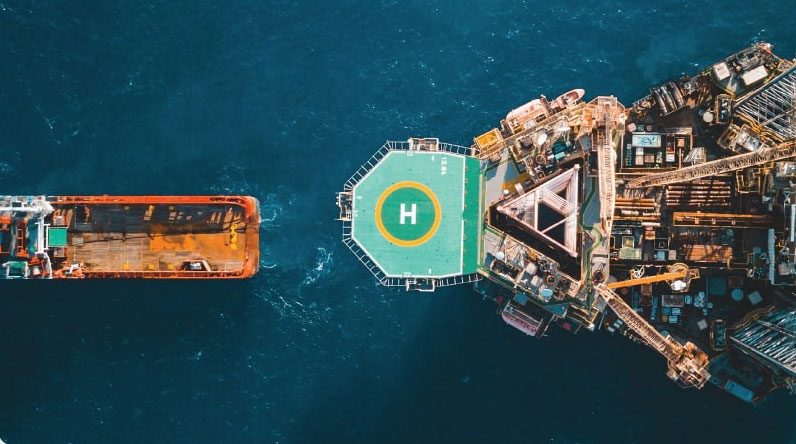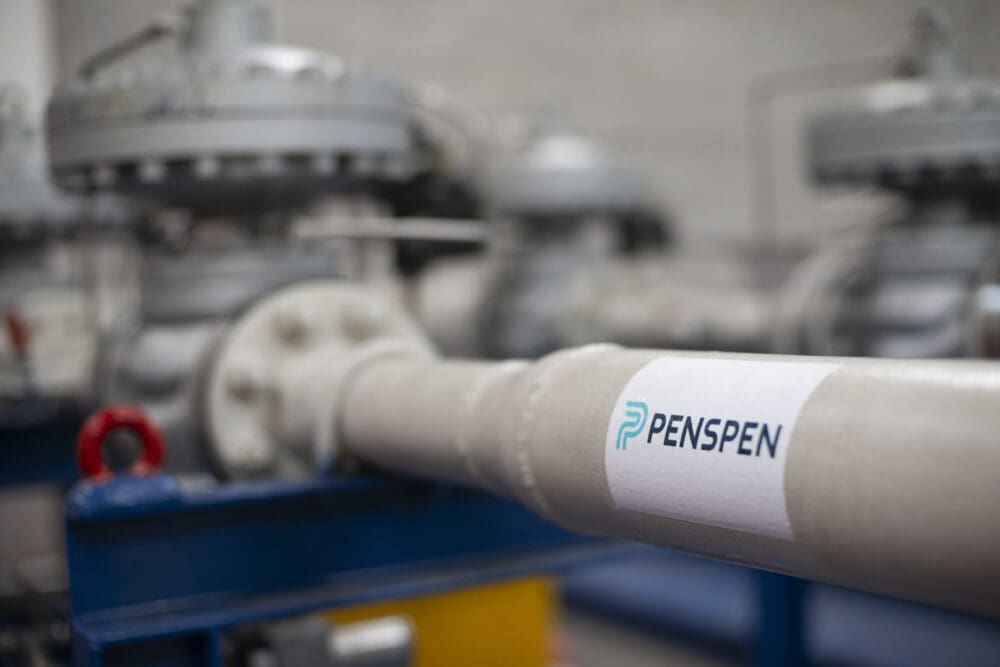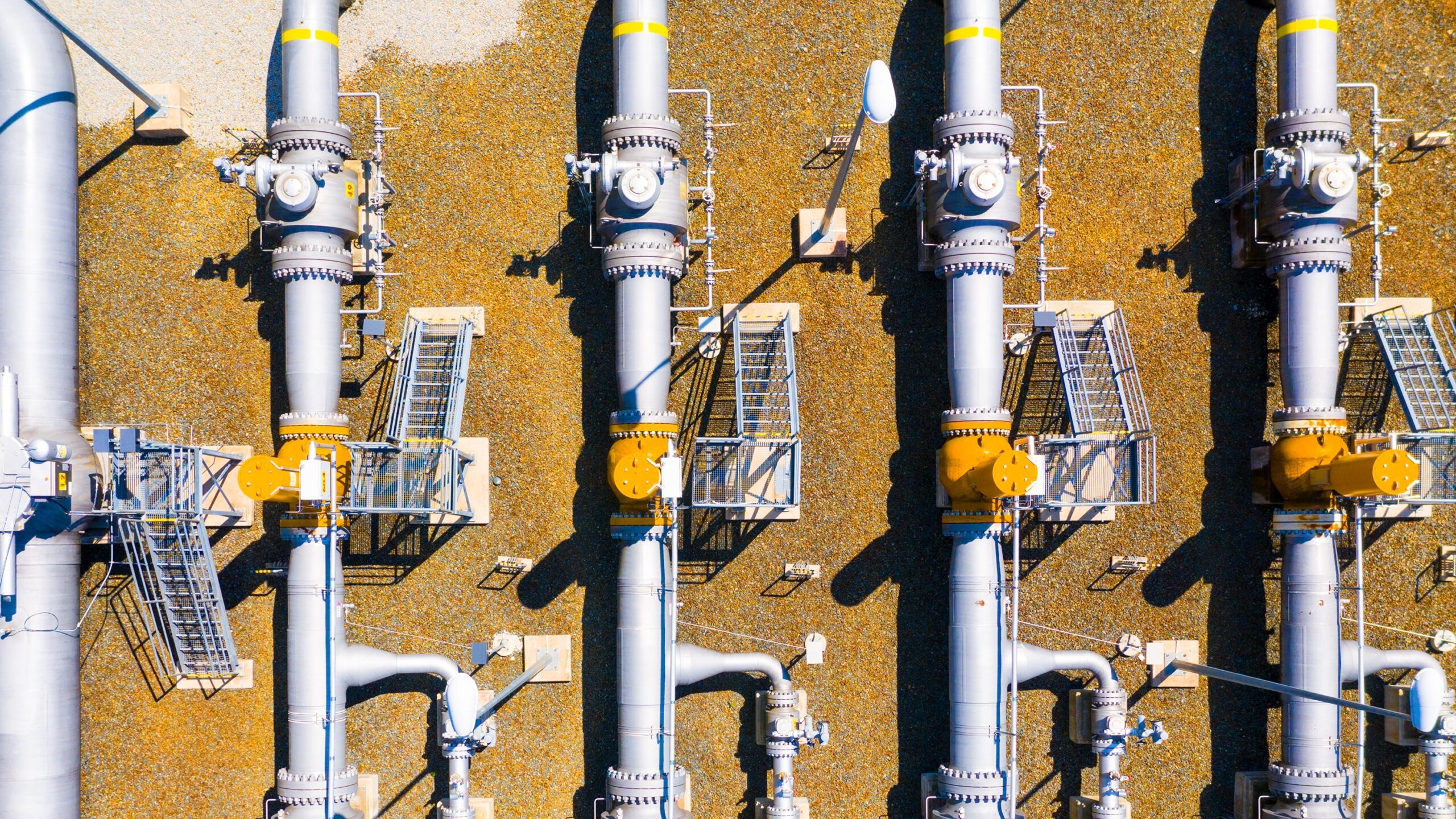European CO2 Pipeline Feasibility Study
Assisting a European Client with CO2 Pipeline Route Evaluation.
Project Background
The client, an industrial cluster, sought to determine the optimal route corridor for a planned CO2 gathering pipeline, alongside evaluating the associated capital expenditure (CAPEX) for the final investment decision (FID) review. The client wanted to understand whether there existed a feasible and viable route for the CO2 pipeline from three emitter sites to two designated tie-in locations.
Services
The contracted scope focused on identifying the preferred routes from the Cluster Sites to several identified option locations:
– Export 1A: Liquefaction facility at location option 1
– Export 1B: Pipeline terminal option 1
– Export 2: Liquefaction facility at location option 2
The primary challenge of our study was navigating through complex pipeline route options, particularly in establishing the best corridor for CO2 pipeline development from an industrial area, crossing flood plains in a specific region. Throughout the selected route, our experts implemented pipeline anti-buoyancy measures across the destinations.
Our Project Management Team benefited from a range of resources, including Pipeline and Materials Engineers, Process and Cathodic Protection Engineering expertise, as well as support from a Cost Estimator and Constructability Manager. These resources were instrumental in addressing various construction techniques and overcoming challenges associated with crossing features along the route.
Result
As a reputable energy services company with a strong track record in cross-country pipeline design spanning both traditional energy sectors and recent sustainability initiatives, our involvement in the CO2 Pipeline Study for a regional cluster project provided an invaluable opportunity to deploy Penspen’s expertise and services to a new set of clients in the market.
The positive impact of this project extends beyond its immediate scope, aligning with national sustainability goals in the United Kingdom. While the benefits to local communities in proximity to industrial areas are noteworthy, such as potential employment opportunities during the pipeline construction phase, the wider societal impact is far-reaching. By contributing to the nation’s sustainability targets, this project serves as a crucial step towards a more environmentally responsible future.





